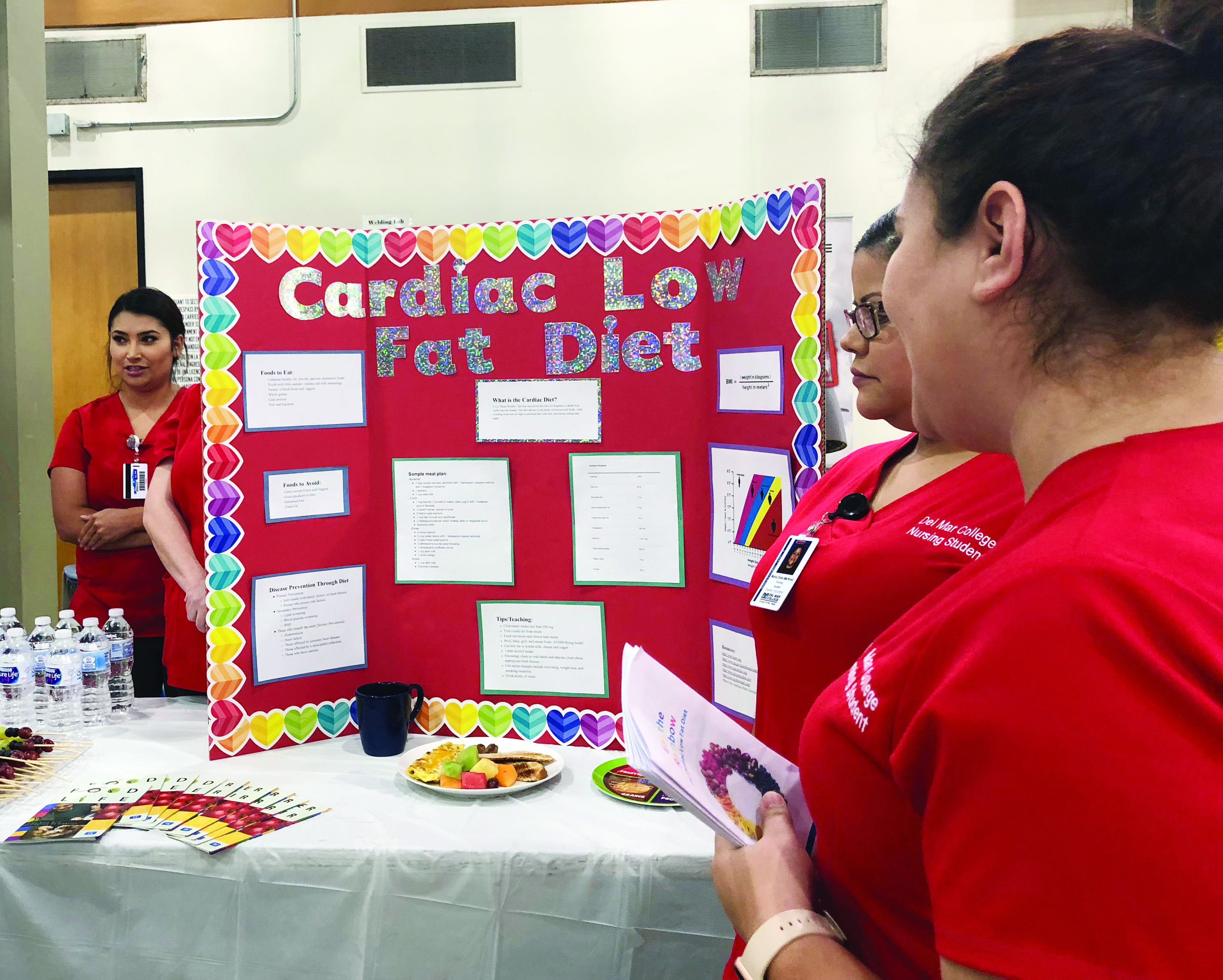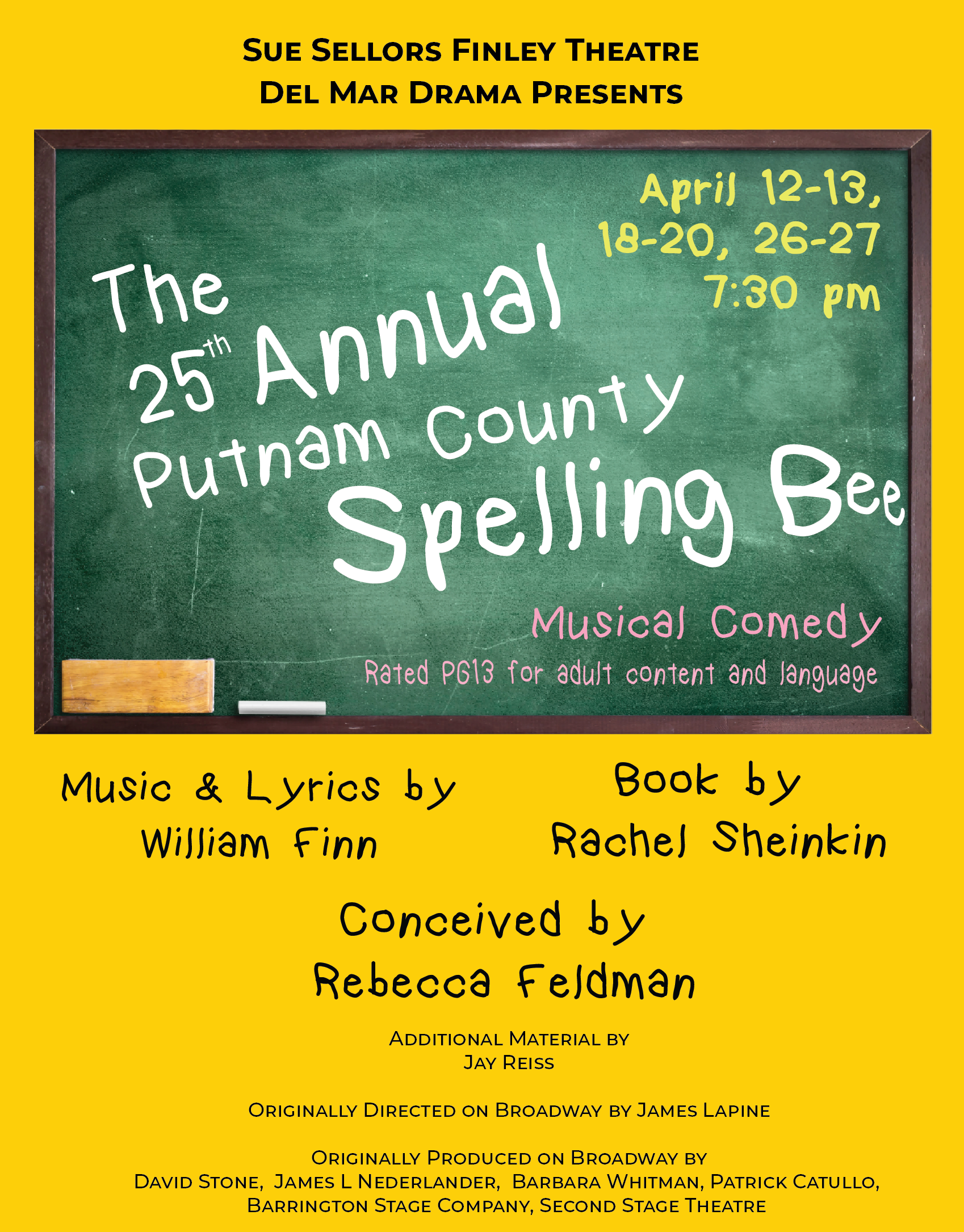Since Del Mar nursing student Dulce Limon’s brother died of a heart attack at 17, she’s looked at diets in a new perspective.
“Diets are really important to me,” Limon said. “My brother died three years ago and ever since then I look at diets in a different way. They really do help in some cases.”
Limon and her group presented the cardiac low-fat diet at the nutrition fair that took place on West Campus on Oct. 23. Each semester the nursing program hosts a nutrition fair that’s open to students and the public.
Sandra Dawod, assistant professor of nursing education, said the assignment was given as part of a health concepts lab students are required to take.
“The project ultimately serves to show the students how to work together, gain knowledge of something there aren’t fully knowledgeable about, and prepare them for clinicals they will go through later in the program,” Dawod said.
Dawod said the project serves to not only give the public more knowledge of the various diets, but gives the students familiarity with them so they are able to identify patients who should be following a more strict diet, or diet in general.
“The students should be able to identify their patient’s circumstances and know what diet they should be on or what will benefit them the most,” Dawod said.
The Level One nursing students are split into groups ranging from four to five students and given a month to gather research and properly conduct their project.
Randy Garza, a nursing student, was assigned the gluten-free diet and explained the components involved with the project.
“We had to prepare a meal to be displayed with our presentation along with something small to hand out to anyone that comes by,” Garza said. “Just a small snack or something.”
Their presentation included a list of food items that could and could not be eaten along with different alternatives to replace certain food items.
Limon and her group-based project on a breakfast meal consisting of an omelet with sausage and cheese, a side of fruit, toast and sausage.
As a snack, her group prepared fruit kabobs consisting of berries, grapes, pineapples and oranges.
The students were able to walk among themselves during the event and view their fellow classmates’ presentation outcome.
When asked if the students would actually partake in the diets they researched, all were hesitant, as some diets meant a bigger sacrifice than others.
For Limon it was an easy answer: Yes.





